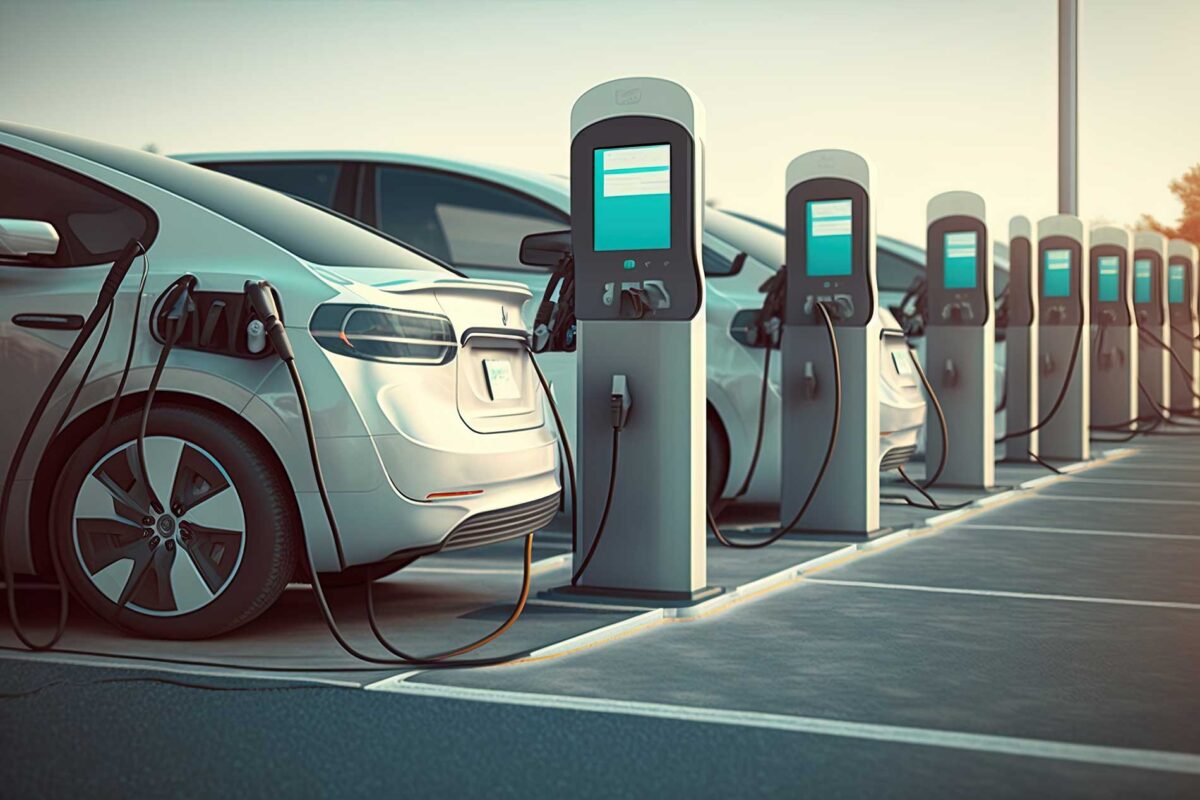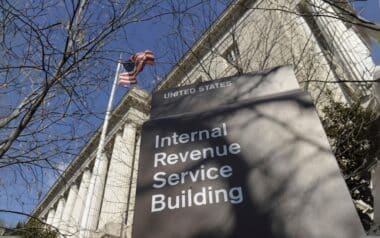As the market for electric vehicles (EVs) keeps growing thanks to government incentives, the future of the EV tax credit, which may be worth up to $7,500, is being examined. There are concerns about this credit’s possible effects on EV affordability and the auto industry given the incoming Trump administration’s indications of plans to eliminate or diminish it.
Introduced under the Inflation Reduction Act, the EV tax credit has been crucial in promoting domestic production and EV adoption. But the situation is changing due to tighter sourcing regulations and changing political agendas, leaving manufacturers and consumers in a precarious position.
The Mechanics of the EV Tax Credit
The federal tax credit was designed to bridge the cost gap between EVs and traditional petrol-powered vehicles, promoting greener transport options. To qualify for the full $7,500 credit, vehicles must meet stringent criteria. These include assembly in North America and sourcing a percentage of critical battery materials domestically or from trade allies. As of 2025, this sourcing threshold has increased to 60%.
In addition to individual income caps of $150,000 for single filers and $300,000 for joint filers, vehicle price caps limit the credit to sedans costing up to $55,000 and SUVs, trucks, or vans priced at $80,000 or below. Used EVs, priced at $25,000 or less, are eligible for a separate $4,000 credit, offering further affordability options.
Despite its complexities, the policy has driven measurable success. Sales of EVs rose by 7.3% in 2023, reaching 1.3 million units, as automakers increasingly align with domestic production goals. However, stricter regulations have disqualified some models, including the Volkswagen ID.4 and Nissan Leaf, though manufacturers like Ford are adjusting to regain eligibility.
The Future of EV Incentives
Republican senators and president-elect Donald Trump have publicly criticized the EV tax credit, pointing to market distortion and budgetary issues, and have suggested major revisions. However, industry executives have issued a warning about possible repercussions. The executive chairman of Ford Motor Company, William C. Ford Jr., emphasized the value of the credit in preserving competitiveness and lowering dependency on components obtained from overseas.
Tesla has a stake in the credit’s sustainability because it sells almost half of all EVs in the US. Given his strong relationship with Trump, CEO Elon Musk may have a significant influence on future legislation.
The tax credit continues to be a crucial component of EV affordability for customers. With manufacturers offering competitive terms to entice purchasers, leasing—which is subject to various regulations—has become a popular choice. Whether buying or renting, the decision-making process is now more urgent due to the uncertainties surrounding federal incentives.









